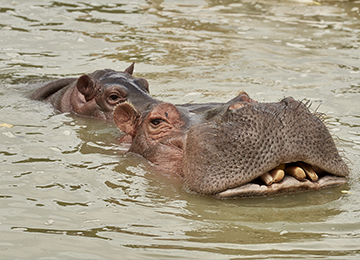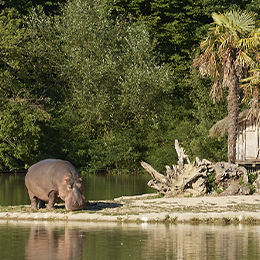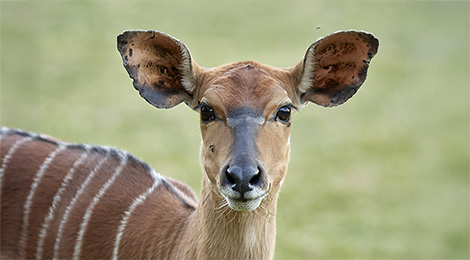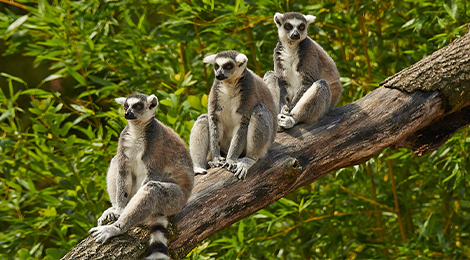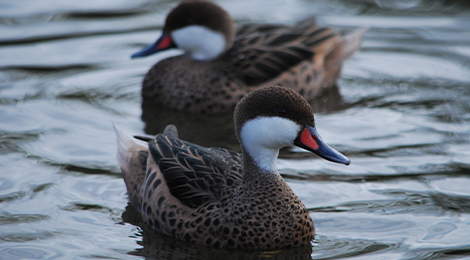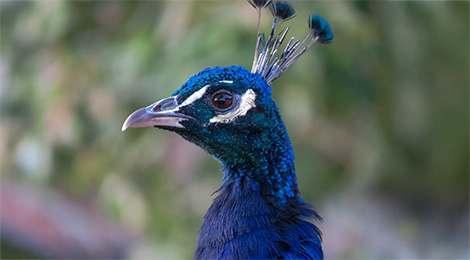Clearly defined territories
Hippos spend most of their time in water because their skin allows moisture to evaporate very easily in dry air. During the day, the rare times he gets out of the water, the glands in his skin secrete a pink, viscous fluid which, as it dries, forms protection against water loss, sunburn or bacterial infections. It emerges from the water after dark to feed on the grassy plains and along the riverbanks. He eats about 40 kg of plant matter per day.
Despite its size and weight, it is a very fast and unpredictable animal. It lives in groups of 10 to 30 individuals on 100 meters of shoreline. Hippos share well-defined territories. The males spread their excrement in selected places and scatter it in all directions, using their tails moving quickly. Some keep their territories for several years, or even their entire life.
The hippopotamus is present in Uganda, Sudan, Republic of Congo and Ethiopia, Gambia, Tanzania, Mozambique and throughout southern Africa.
The imposing size of hippos makes them almost invulnerable to other animals. An adult's jaw is strong enough to slice a crocodile in half. Humans are the only predator of hippos. Today, there are between 125,000 and 150,000 hippos left in the natural environment, but through La Fondation Le PAL Nature, you can sponsor our hippos.
At PAL, you can easily observe our couple of hippos, Emile and Image during educational activities and daily feedings.
-
HabitatCentral and southern Africa. Lives in rivers and lakes surrounded by grassland.
-
Food
Grass and lowlying gramineae.

Hippopotamuses fight for up to one and a half hours, sometimes to the death. Their lower canines, which are as sharp as razor blades, measure up to 50 cm long and weigh between 1 kg (females) and 2 kg (males).
A zoological reserve populated by Asian elephants, giraffes, lions, tigers, hippos, chimpanzees, gibbons, wolves, ostriches ... Animals evolving in their reconstituted natural environment, to discover as a family.
All animals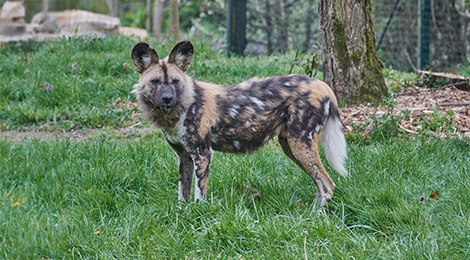
-
![]() African wild dog Discover animal
African wild dog Discover animal -
![]() Mandrill Discover animal
Mandrill Discover animal -
![]() Nyala Discover animal
Nyala Discover animal -
![]() Ring-tailed lemur Discover animal
Ring-tailed lemur Discover animal -
![]() Bahama pintail Discover animal
Bahama pintail Discover animal -
![]() Red panda Discover animal
Red panda Discover animal -
![]() Blue peafowl Discover animal
Blue peafowl Discover animal



